jì
jealous
Phonosemantic compound. 心 represents the meaning and 己 represents the sound.
Evolution

Bronze script
Late Spring and Autumn (~500 BC)
Seal script
Shuowen (~100 AD)
Clerical script
Western Jin dynasty (266-316 AD)Regular script
ModernDefinitions
jì
jealous, envious; fear; to be jealous of; dread; scruple; to avoid or abstain from; to quit; to give up sth
Component uses
Sound component in 1 character (0 verified)
Sources
